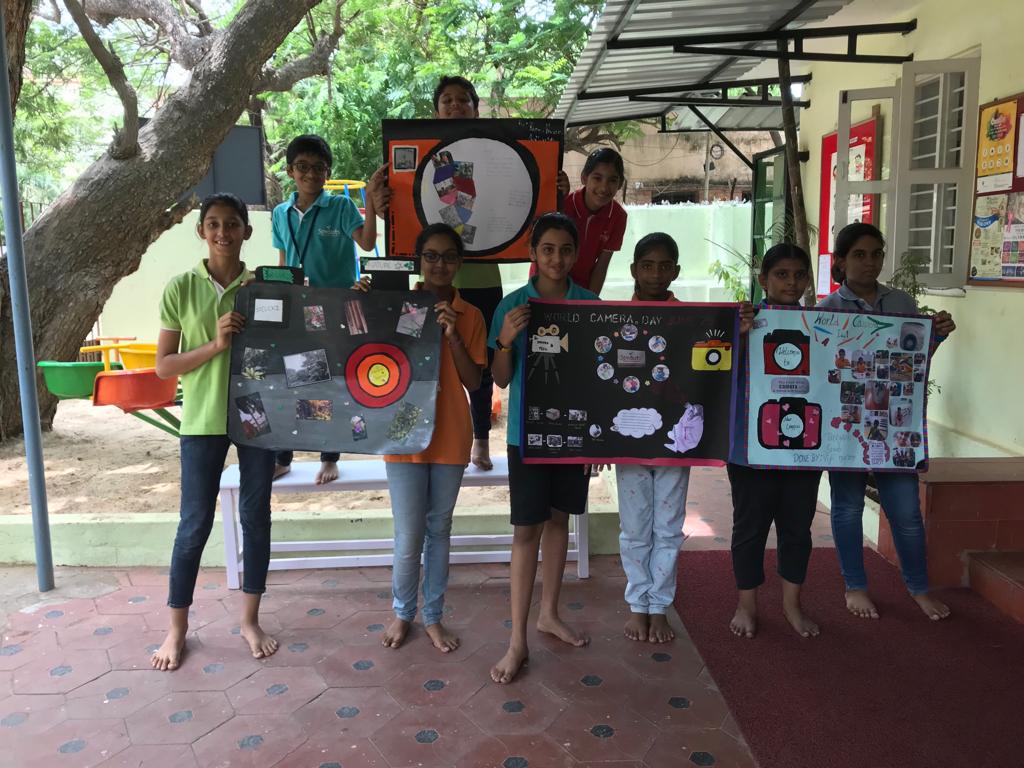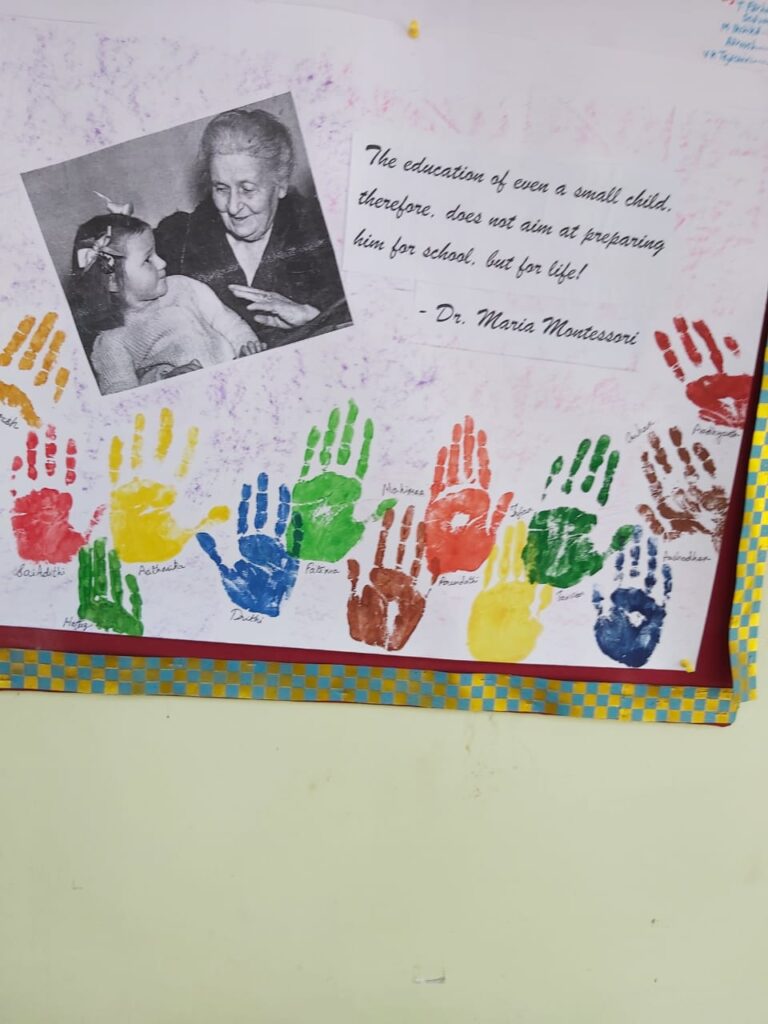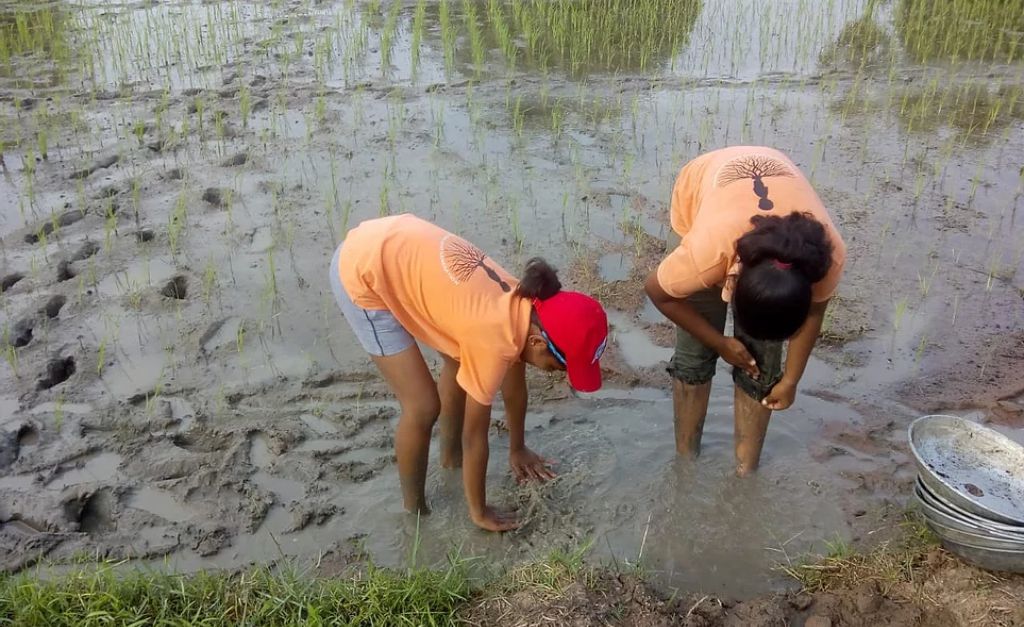







EARLY ADOLESCENCE - Grades 6, 7 & 8
THE EARLY ADOLESCENT PROGRAMME
Students come to the Early Adolescence environment with a high level of independence and self-direction. They collaborate to work productively, a practice that paves way for the development of higher order thinking, oral communication, group-management and leadership skills. The environment is rich in its intellectual set up, providing a platform for real-life experiences, across varied areas of study.
Alive with interactive sessions and reflective practices, continuous assessments support the learning process of each child. The adults are experts from the respective fields of study, guiding them to identify their true potentials.


Who is an Early Adolescent child?
Like a moth metamorphosizing into a butterfly, Early Adolescence is a stage when a child gradually transitions into a young adult. There is a quest for individuality, identity and valorisation in every child.
AN EARLY ADOLESCENT CHILD…
- Undergo many physical, psychological and cognitive transformations
- Is curios to understand life and its real working
- Thinks abstractly and reasons more effectively
- Understands that, what they do now can have long-term consequences
- Has the knowledge that each person is a different individual
- Come equipped with individual strengths and challenges

Curriculum

Our curriculum is integrated across boards and we follow the IGCSE syllabus across most of our subjects.
Arithmetic and Geometry
Social Science
Sciences
English
Computer Science
Languages
In addition to the core curriculum, Early Adolescent students also participate in co-curricular activities that lends to their holistic development as an individual and aid to grooming them into confident and independent young individuals.

Farming is an integral part of the Early Adolescence curriculum in Sprouts. Maria Montessori strongly believed that real life experiences must be a part of this child’s curriculum and this can be given to them in the truest form, only when they become one with nature. The classroom concepts are integrated with the farm curriculum, giving meaning and purpose to the learning process.
With hands-on field work, they understand the value of hard work and learn to appreciate and care for human labour. Crucial and critical skill sets are developed and enhanced in these farming sessions. Children learn to work well as a team, collaborating in their efforts, taking up joint and individual responsibilities. They are involved in important decision-making processes constructing their own knowledge through personal experiences. The tasks are challenging and motivate the learners to hone and develop their leadership skills as well.Working Schedule for the EA / IGCSE Environment.
Arrival time
8:00 am - 8:10 am
Circle time
8:15 am – 8:30 am
Work time
8:30 am - 10:30 am
Break
10:30 am - 10:45 am
Work time
10:45 am - 12:30 am
Lunch time
12:30 am – 1:00 am
Play time
1:00 am – 1:30 am
Work time
1:30 pm – 3:00 pm
